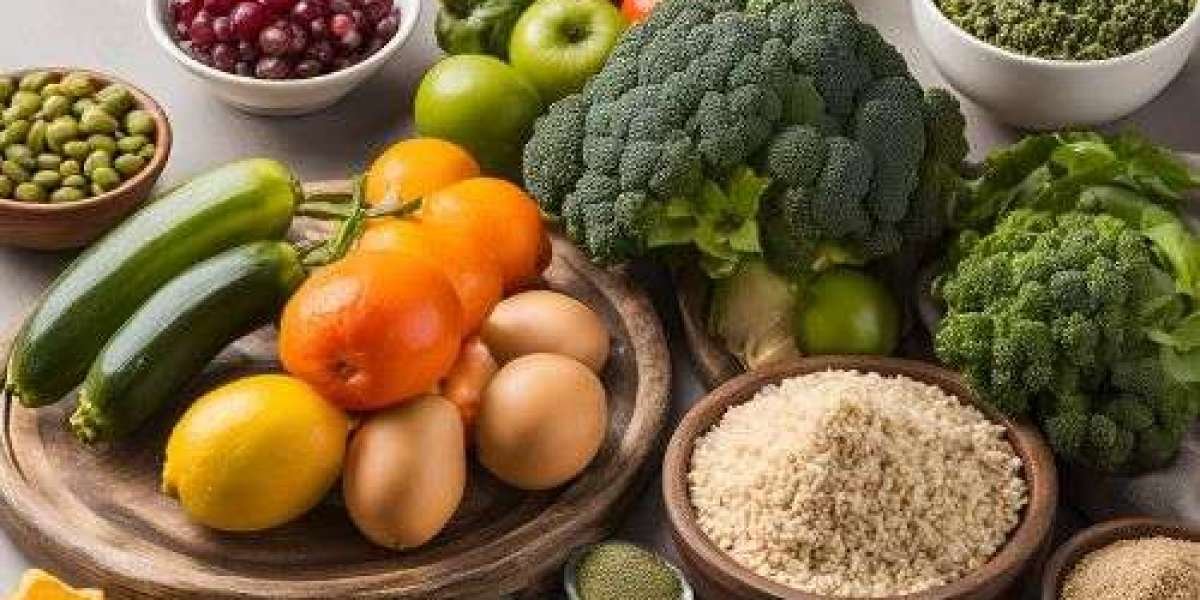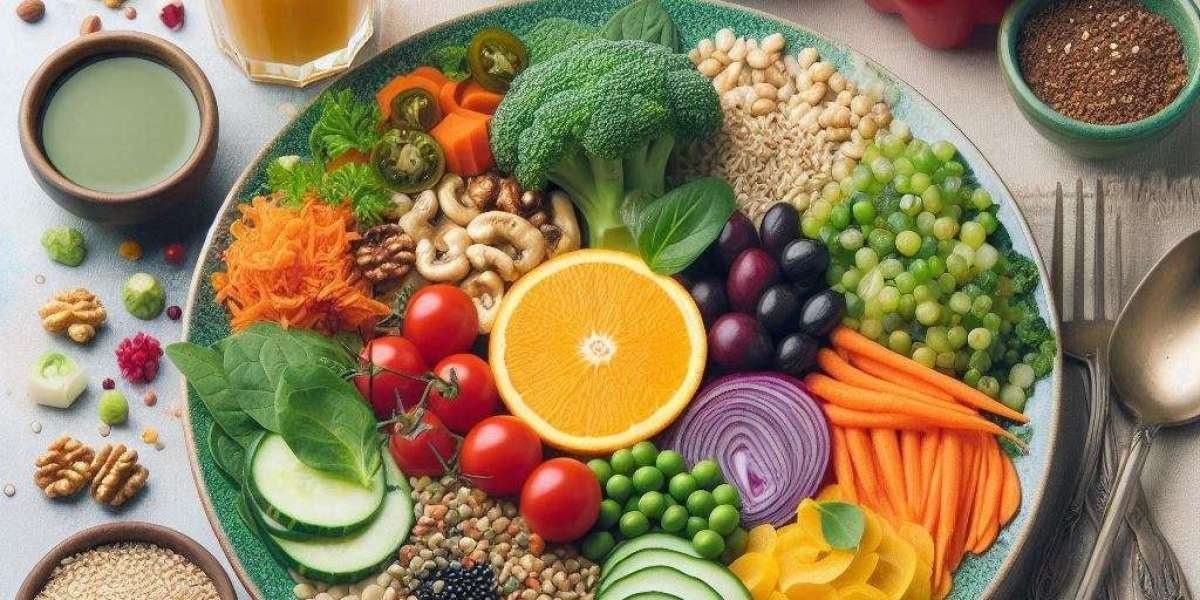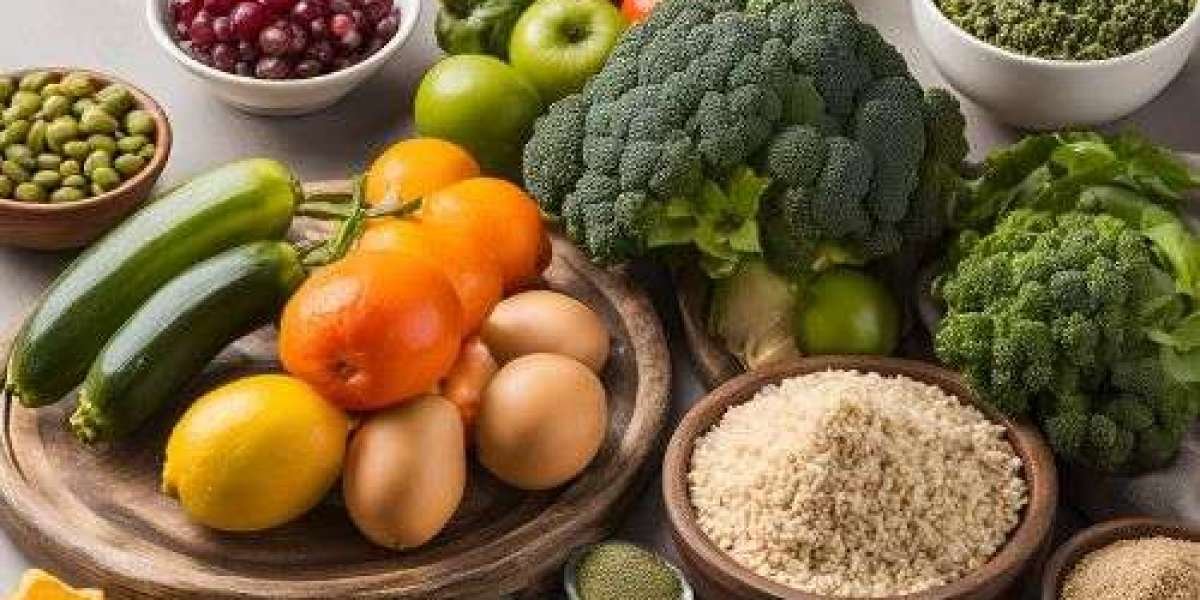Understanding the Jain Diet
The Jain diet is an integral aspect of the Jain lifestyle, a reflection of their profound respect for all life forms. This diet is a manifestation of Ahimsa, the principle of non-violence, which is at the heart of Jain philosophy. It's not just about eating plant-based foods, but also about the mindfulness and intention behind each meal. It's about choosing foods that cause the least harm to living beings and the environment.
The Principles of the Jain Diet
The Jain diet is guided by principles that extend beyond mere food choices. It's about mindful eating, taking into consideration the impact of our food choices on the environment and other living beings. Jains believe in eating fresh, wholesome foods, prepared with love and care. They avoid eating after sunset, as the practice is believed to reduce the harm to microorganisms that become active during this time. Fasting, a common practice in Jainism, is also seen as a way of practicing self-discipline and reducing one's impact on the world's resources.
What Jains Don't Eat
While it's known that Jains follow a vegetarian or even vegan diet, their dietary restrictions go beyond just avoiding meat. Jains also avoid consuming root vegetables like potatoes, onions, and garlic because harvesting these involves killing the plant. Similarly, honey is avoided as its collection can harm or kill bees. Fermented foods, including alcohol, are also avoided as the fermentation process involves the growth of microorganisms.
The Spiritual Significance of the Jain Diet
The Jain diet is not just a dietary regimen, but a spiritual practice. Each meal is a reminder of the Jain commitment to non-violence and respect for all life forms. The act of eating, guided by mindfulness and compassion, becomes a form of meditation, a moment to reflect on one's place in the interconnected web of life.
The Jain Diet in Practice
Practicing the Jain diet in everyday life involves careful meal planning and preparation. Jains choose fresh, seasonal fruits and vegetables, grains, legumes, nuts, and seeds. Meals are often simple but flavorful, with various spices and herbs used to enhance taste without the use of root vegetables and certain other restricted ingredients.
Food is prepared and consumed with mindfulness, with attention given to the process of cooking and eating. Many Jains prefer to cook their meals at home to ensure adherence to their dietary principles. When eating, they do so in a calm and peaceful environment, considering it a time to nourish the body and mind.
The Impact of the Jain Diet
The Jain diet, with its emphasis on non-violence, respect for all life, and mindful eating, has significant implications. It's a diet that promotes personal health, animal welfare, and environmental sustainability.
By choosing plant-based foods and avoiding those that cause harm to animals and plants, Jains contribute to reducing the demand for animal products, which are major contributors to environmental degradation. Their diet is low in carbon footprint, making it a sustainable choice in an increasingly resource-strapped world.
Moreover, the principles of the Jain diet align with modern discussions on animal rights and welfare. It promotes a compassionate view of animals, not as commodities for human use, but as sentient beings deserving of respect and kindness.
Conclusion
The Jain diet, with its unique blend of spiritual discipline and dietary practice, offers a fresh perspective on our relationship with food. It's a diet that encourages us not just to think about what we eat, but also how and why we eat. As we explore what Jains eat, we discover a way of eating that is as compassionate as it is sustainable, a diet for a kinder and more sustainable world.




